In the second week of our shadow work journey, we’re focusing on what the shadow is not. Often, people misunderstand the concept of the shadow, associating it with purely negative or evil aspects of ourselves. However, as Carl Jung and other shadow work authors like Connie Zweig and Robert A. Johnson emphasize, the shadow isn’t about morality or being "good" or "bad." It’s about those parts of ourselves we’ve denied or repressed, whether positive or negative.
By clearing up these misconceptions, we can better understand how to integrate the shadow into our lives—and, more importantly, how to show up as better fathers.
Misconception 1: The Shadow is Evil
One of the biggest misconceptions about the shadow is that it only contains the "bad" parts of ourselves—anger, selfishness, jealousy, or greed. While it’s true that negative traits are often relegated to the shadow, it’s important to understand that the shadow isn’t inherently evil. It’s simply a part of ourselves we don’t want to accept or acknowledge.
For example, a father who was raised to believe that showing vulnerability is a sign of weakness might suppress his emotions, locking them away in the shadow. But vulnerability isn’t inherently bad—it can actually help build deeper, more meaningful connections with our children and spouses. By recognizing this, we can begin to break free from the limiting beliefs that keep us from being open and emotionally available to those we love.
Thought Question:
What positive traits or emotions have you suppressed because you were told they were weaknesses? How could reclaiming those traits make you a better father?
Misconception 2: The Shadow Only Includes Negative Emotions
Another misconception is that the shadow is limited to the "bad" emotions we don’t like, such as anger, rage, or fear. But the shadow can also include positive qualities—like creativity, assertiveness, or ambition—that were discouraged by family or society. These qualities might have been pushed into the shadow because they didn’t fit with the expectations others had for us.
Imagine a father who loved art as a child, but was told by his parents that pursuing creativity wasn’t practical or valuable. He might have suppressed his creative side, believing that it wasn’t important. As a result, he loses touch with a core part of himself. Reclaiming those shadow traits isn’t just about personal fulfillment—it’s also about showing your children the importance of following their passions and embracing all aspects of themselves.
Thought Question:
What hobbies, talents, or passions have you hidden away because you were told they weren’t practical or valuable? How can rediscovering those parts of yourself inspire your children?
Misconception 3: Shadow Work is a One-Time Fix
Shadow work is often misunderstood as a one-time exercise—like you confront your shadow once, and then you’re done. But shadow work is a lifelong process. The shadow is ever-evolving, shaped by new experiences, relationships, and stages of life. Every time you ignore a part of yourself or avoid an uncomfortable emotion, that energy can go into the shadow. It requires ongoing attention and reflection.
As fathers, this is especially important to understand. Each stage of your children’s lives will bring new challenges, and those challenges will likely trigger parts of your shadow. Anger, fear, frustration, or sadness may arise unexpectedly, and it’s essential to continue the work of self-awareness to avoid projecting those emotions onto your kids.
Thought Question:
How can you commit to regular shadow work, knowing it’s a lifelong process? What tools or habits can you adopt to stay aware of your shadow as it evolves?
How Shadow Work Makes You a Better Father
By understanding what the shadow is not, we can begin to see it for what it truly is: a part of ourselves that longs to be acknowledged, accepted, and integrated. Shadow work isn’t about labeling yourself as "bad" or "good." It’s about understanding the complexity of who you are and embracing all aspects of yourself—especially the parts you’ve been conditioned to deny.
As a father, this work is crucial. Children learn by observing their parents, and they often absorb the unspoken, emotional energy that you carry. When you’re disconnected from your shadow, it can show up in your parenting through sudden outbursts, emotional distance, or projecting your fears and insecurities onto your kids.
By engaging in shadow work, you’ll become more self-aware, emotionally available, and intentional in your actions. You’ll be able to recognize when old wounds or suppressed emotions are being triggered and take a step back before reacting. This creates a healthier emotional environment for your children and helps them feel seen, heard, and valued.
Clearing up misconceptions about shadow work is the first step toward real, lasting growth. The shadow isn’t a place of evil or shame—it’s a well of untapped potential, creativity, and insight. By diving into shadow work, you can unlock deeper connections with yourself and your children, leading with authenticity and emotional presence.
Are you ready to face your shadow? Start the journey with us and begin becoming the father you were meant to be. Join the Free Legacy Father online community, a tribe of men leveling up as fathers.

